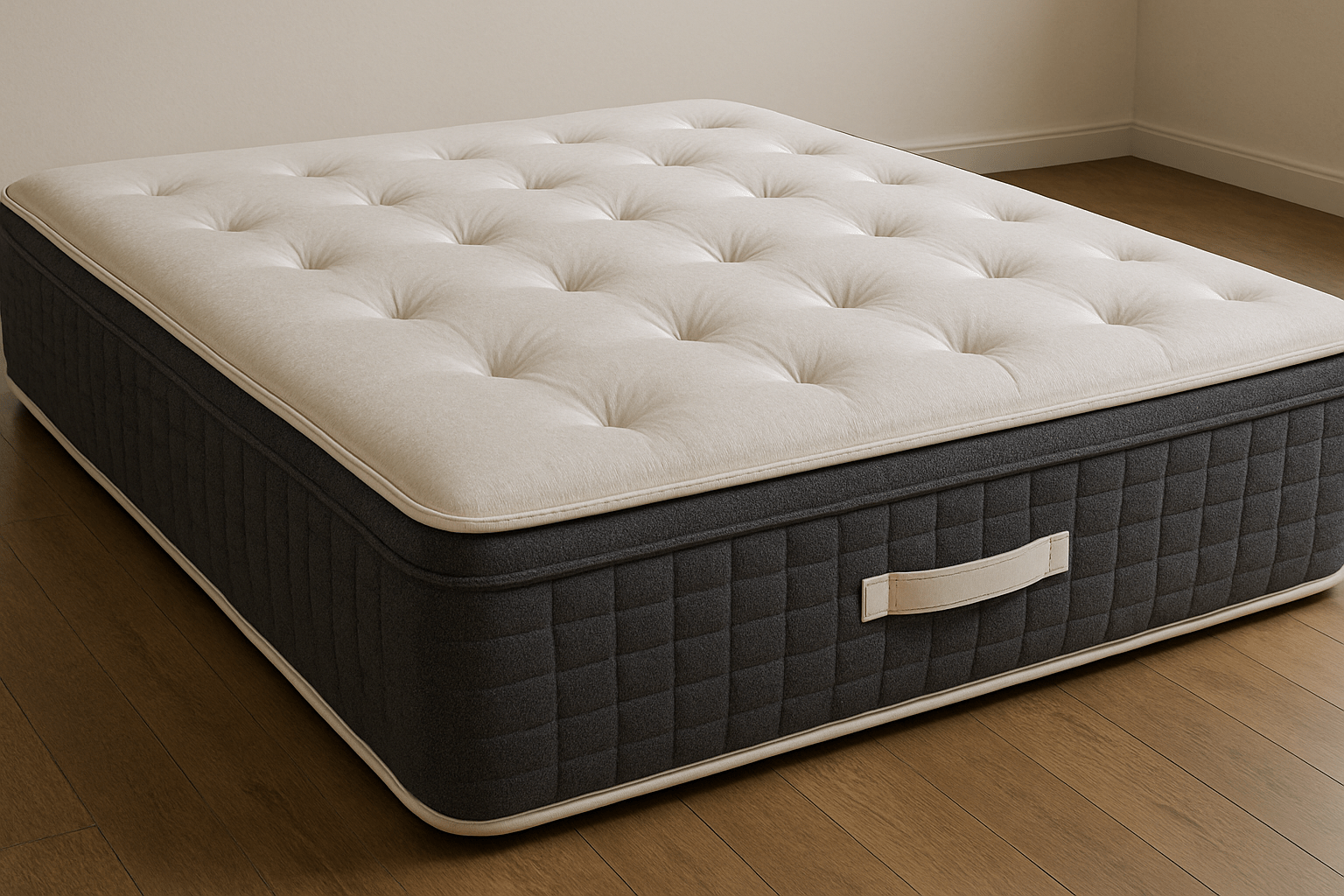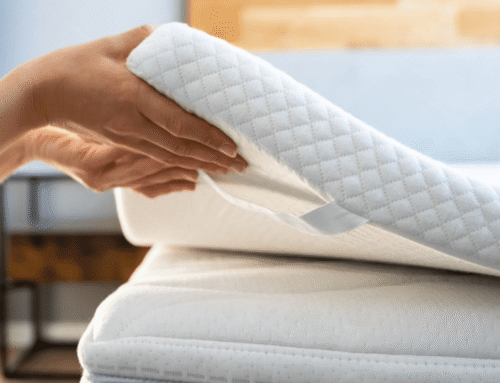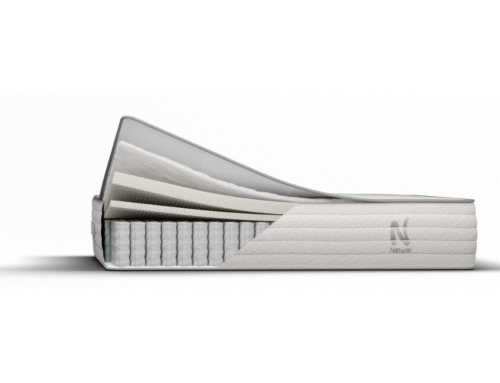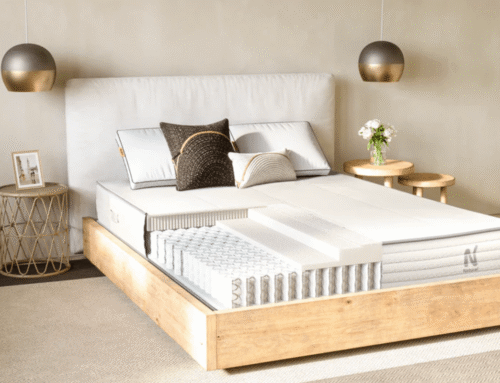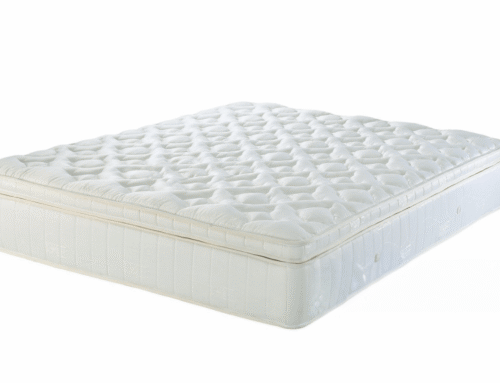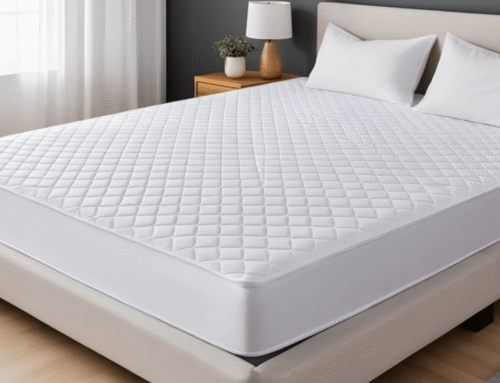Shopping for a new mattress can feel overwhelming with all the options out there. One term you’ve probably come across often is “medium mattress.” But what does a medium mattress mean, and is it the right choice for you? The answer depends on a few key factors like your sleep position, body weight, and how much support or cushioning you prefer.
Medium mattresses offer a balanced feel—soft enough to relieve pressure, but firm enough to keep your spine aligned. This makes them a popular pick for couples or anyone who switches positions at night. In this guide, we’ll walk you through everything you need to know. From which sleepers benefit most to what features matter when you’re buying, we’ll help you figure out whether a medium mattress fits your sleep needs. By the end, you’ll feel more confident about making a choice that supports better rest.
Key Takeaways
- A medium mattress offers a balanced feel—soft enough to cushion pressure points like shoulders and hips, yet firm enough to support your spine.
- Ideal for various sleeping positions, including back, side, and combination sleepers, it provides comfort and proper spinal alignment throughout the night.
- Often constructed with materials like memory foam, latex, or hybrid designs, medium mattresses blend contouring comfort with reliable support.
- This firmness level is perfect for couples, minimizing motion transfer and accommodating different sleep preferences for a restful sleep experience.
- For those experiencing back pain, a medium mattress can help maintain proper posture, reducing discomfort and promoting restorative sleep.
What Is A Medium Mattress?
When shopping for a mattress, you might come across the term “medium” quite a bit. But what a medium mattress is can be a bit confusing if you’re not familiar with firmness levels. Essentially, a medium mattress falls in the middle of the firmness scale, usually around a 5 to 7 out of 10. It strikes a nice balance: not too soft, not too firm.
You get a gentle “hug” from the cushioning, while still feeling supported enough to keep your spine aligned. So, how does it feel like? Imagine lying down and sinking in just a bit, but not so much that you lose support. Many brands call this “universal comfort” because it suits a wide range of sleepers. But is it good for everyone? For most people, especially those who sleep on their side or switch positions, it absolutely is. If you’re unsure where to start, a medium mattress is a smart, safe bet.
Benefits Of A Medium Mattress
A medium mattress offers a lot of benefits, especially if you tend to change positions throughout the night. It’s a great option for combination sleepers because it provides enough cushioning for your shoulders and hips while still keeping your spine in proper alignment. This balance makes it especially good for side sleepers, who need that extra pressure relief in key areas.
Another major advantage is its ability to reduce pressure points. If you often wake up with stiff joints or general soreness, a medium mattress can help by gently cradling your body while still offering support. This makes it good for back pain as well, since it helps maintain a healthy posture without being too firm or too soft. Overall, it delivers that “just right” feel that suits a wide range of sleepers. Whether you’re dealing with discomfort or just want a versatile mattress, a medium firmness could be the perfect fit.
Best Sleepers For A Medium Mattress
Medium firmness is often best for:
- Back sleepers who need lower back support
- Side sleepers who want pressure relief on their shoulders and hips
- Combo sleepers who switch between back, side, and stomach positions
It’s also a smart pick for couples with different sleep styles. The balance of support and comfort tends to satisfy both.
Sleep Positions And Mattress Firmness
- Side sleepers usually benefit from a softer to medium mattress, as it offers the pressure relief needed for shoulders and hips.
- Back sleepers often prefer something in the medium to firm range, which helps keep the spine supported and aligned.
- Stomach sleepers generally need a firmer mattress to prevent the hips from sinking too far, which can strain the lower back. In some cases, adding a firmer mattress topper or choosing a mattress with denser foam layers can help to make it firmer and more suitable for stomach sleeping.
Medium firmness tends to work especially well for side and back sleepers, or for people who shift positions throughout the night. It provides a good middle ground—soft enough for comfort, yet firm enough for support, making it one of the most versatile choices for a wide range of sleep styles.
How To Choose The Right Mattress
Choosing the right mattress starts with understanding your body and sleep habits. Think about how you usually sleep: on your back, side, stomach—or maybe you shift around all night. Do you wake up with back pain? Do you enjoy the feeling of being gently hugged by the mattress, or do you prefer sleeping more on top of it with less sink?
Medium mattresses often hit that sweet spot between softness and support, making them a great option if you’re unsure where to begin. They tend to work well for a wide range of sleepers and can offer comfort without sacrificing proper alignment.
However, it’s worth considering the disadvantages of a medium mattress, too. For example, it may feel too firm for lighter sleepers or not supportive enough for those who weigh more or need extra back support. Understanding both the pros and cons can help you feel more confident in your final decision.
Signs You Need A Medium Mattress
Still not sure if this is your match? Here are some signs that a medium mattress is right for you:
- You sleep on your back or side
- You change positions during the night
- You share a bed with someone who sleeps differently than you
- You’ve tried both soft and firm mattresses and neither felt just right
This “middle ground” option keeps you comfortable and supported all night long.
Things To Look For In A Medium Mattress
When buying a medium mattress, keep an eye out for:
- High-quality support core: like innersprings or high-density foam
- Comfort layers: such as memory foam, latex, or hybrid blends
- Good edge support: for couples and people who sleep near the edge
- Trial periods: so you can test it out at home
You want a mattress that not only says it’s “medium” but actually feels that way after 8 hours of sleep.
Medium Mattress vs. Firm and Soft Mattresses
Understanding the difference between firmness levels can help you see where a medium mattress fits in. Think of mattress firmness like a scale from 1 to 10. A soft mattress is around 2–4, medium is 5–7, and firm is 8–10.
- Soft mattresses are plush and cushiony, great for lighter side sleepers but may cause spine misalignment.
- Firm mattresses give more push-back and are better for heavier stomach sleepers or back sleepers needing extra support.
- Medium mattresses strike the balance, offering contour and support without going to either extreme.
If you’ve tested both ends of the scale and felt like each had something missing, a medium feel might be just what you need.
Final Thoughts: Who Should Sleep On A Medium Mattress?
If you’re wondering who should sleep on a medium mattress, the answer is: most people! It’s perfect for back and side sleepers, combo sleepers, and couples with different firmness needs. It works well for average-weight individuals and offers just the right mix of comfort and support.
By balancing softness and firmness, medium mattresses help reduce pressure points, support your spine, and let you sleep through the night comfortably. If you’re stuck between choices or just want a reliable option that works for many people, a medium mattress is a solid place to start.




